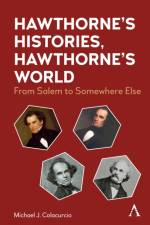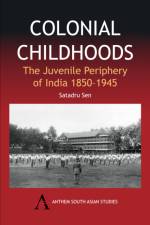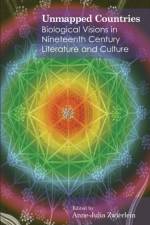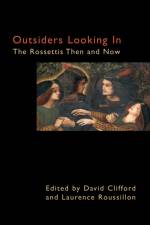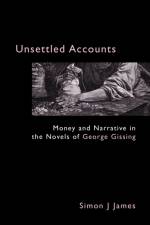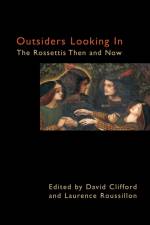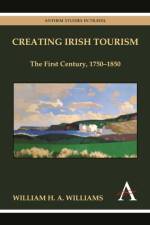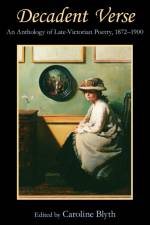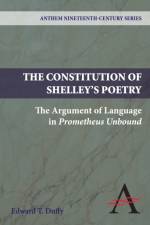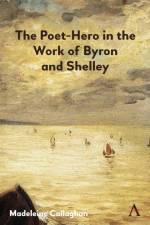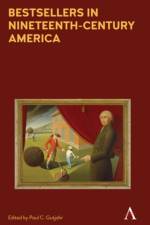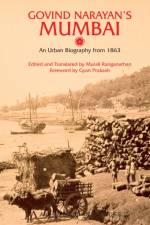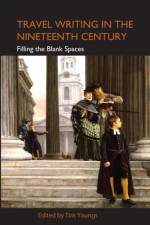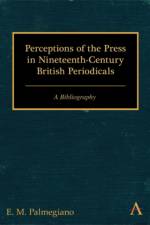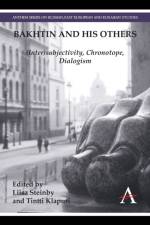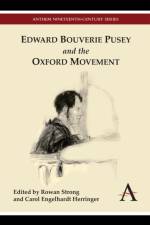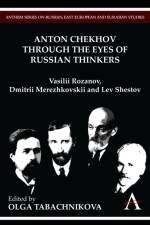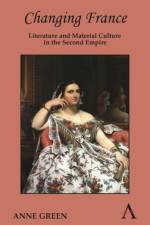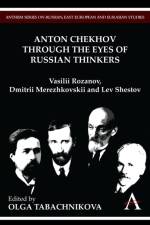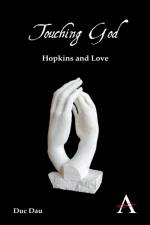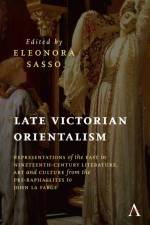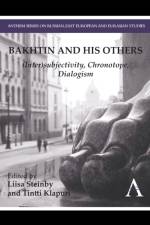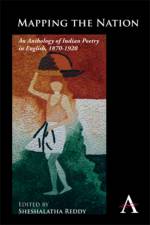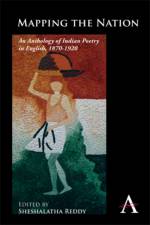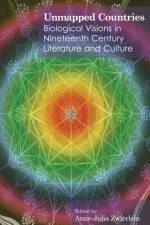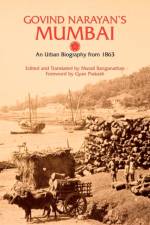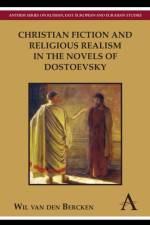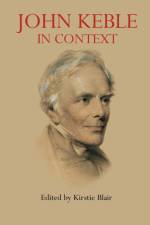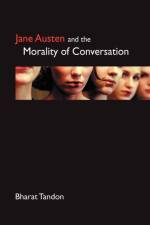- Representations of the East in Nineteenth-Century Literature, Art and Culture from the Pre-Raphaelites to John La Farge
1 451
Late Victorian Orientalism is a work of scholarly research pushing forward disciplines into new areas of enquiry. This collection of essays tries to redefine the task of interpreting the East in the late nineteenth century taking as a starting point Said's Orientalism in order to investigate the visual, fantasised, and imperialist representations of the East, as well as the most exemplary translations of Oriental poems. The Victorians envisioned the East in many different modes or Orientalisms since as Said suggested '[t]here were, perhaps, as many Orientalisms as Orientalists.' By combining together Western and Oriental modes of art, this study is not only aimed at filling a gap in Victorian and Oriental studies but also at broadening the audiences it is intended for. Edward FitzGerald, William Bell Scott, the Brontë sisters, William Holman Hunt, D. G. Rossetti, William Morris, John La Farge, Algernon Swinburne, Walter Pater, the anonymous author of the Hongkong and the Hongkonians, Oscar Wilde, Arthur Symons, Rudyard Kipling, William Butler Yeats, Wilfred Thesiger, and Eric Newby play such a prominent role in the Oriental debate. By offering an extended discussion of their Oriental writings, this book will appeal to and benefit a wider range of audiences. The subject range of this volume of essays on late Victorian Orientalism explores nineteenth-century modes of art which position themselves as instruments of knowledge of the Orient. The contributors deploy variegated tools derived from textual studies and visual culture research in order to explore the many ways in which the late Victorians envisioned the East. It is this combined approach which makes possible the reconsideration of Orientalist literature, art and cinema.

